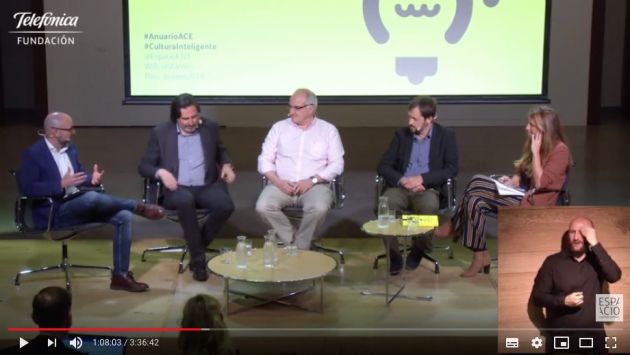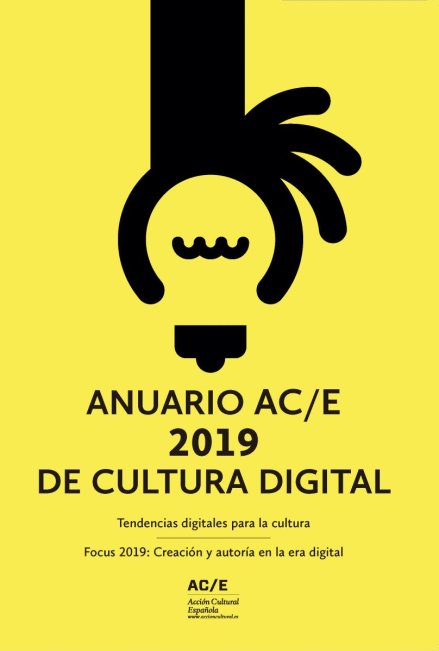The reality and context of the Internet have brought about far-reaching changes in the concept of legal protection of works and authors’ rights. The existing challenges include the need to strike a balance between the interests of creators and users and also to broaden the sources of creativity, originality, the public domain and the enforcement of fundamental rights in accordance with the recommendations of the WIPO Development Agenda and the United Nations Human Rights Council.
First part. Analysis of trends
Eight articles written by specialists explore issues such as the algorithms that provide us with cultural consumption and are diminishing our capacity for surprise. They also examine data collection and loss of privacy, the social struggle vis-à-vis the use and abuse of data, the new types of ownership, identity and belonging that this new digital age is bringing, open access and creators’ rights, the legal limbos of new spaces with digital content such as podcasts, portability, digital heritage and the development of Blockchain for culture. In addition, in order to carry on fostering the dissemination of culture over the Internet, we take a look at the latest trends in the use of artificial intelligence in the music sector.
Focus 2019: Creators and authorship in the digital age
This section contains an exhaustive analysis of how distinctive national and regional systems reconcile new objectives in terms of access to works and cultural heritage. It also surveys the regulatory frameworks for creative platforms and for the exchange of visual, audiovisual, musical and literary artworks based on collaboration, innovation and openness.
The AC/E Digital Culture Annual Report is the result of an internal reflection undertaken by Acción Cultural Española in 2013 on how to incorporate the digital dimension into its objectives and support the digitisation of the culture sector. The publication shows the impact of the Internet on our society in order to explore in depth the transformation of the culture sector and help its organisations and professionals create experiences that meet the expectations of twenty-first-century users.





















































